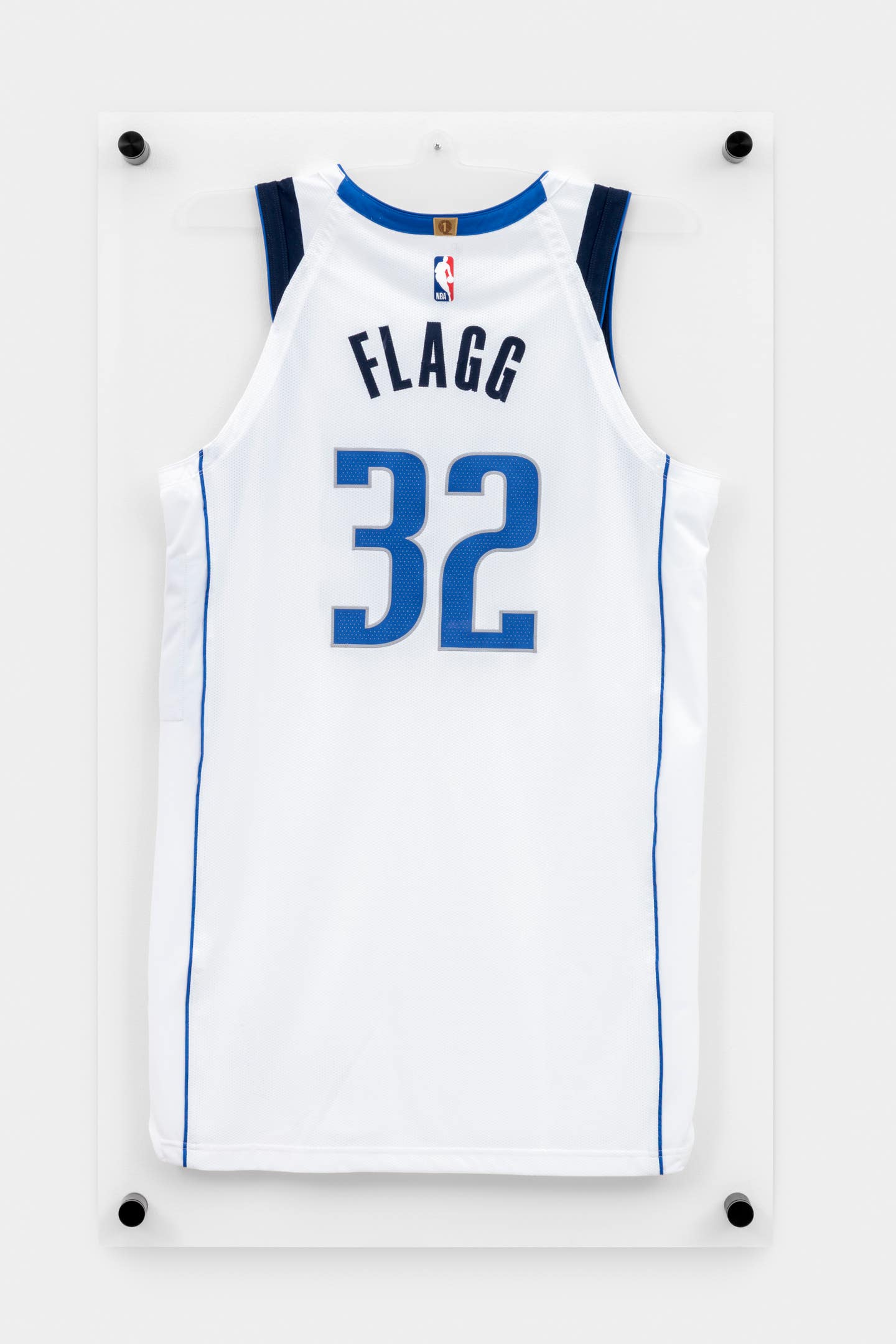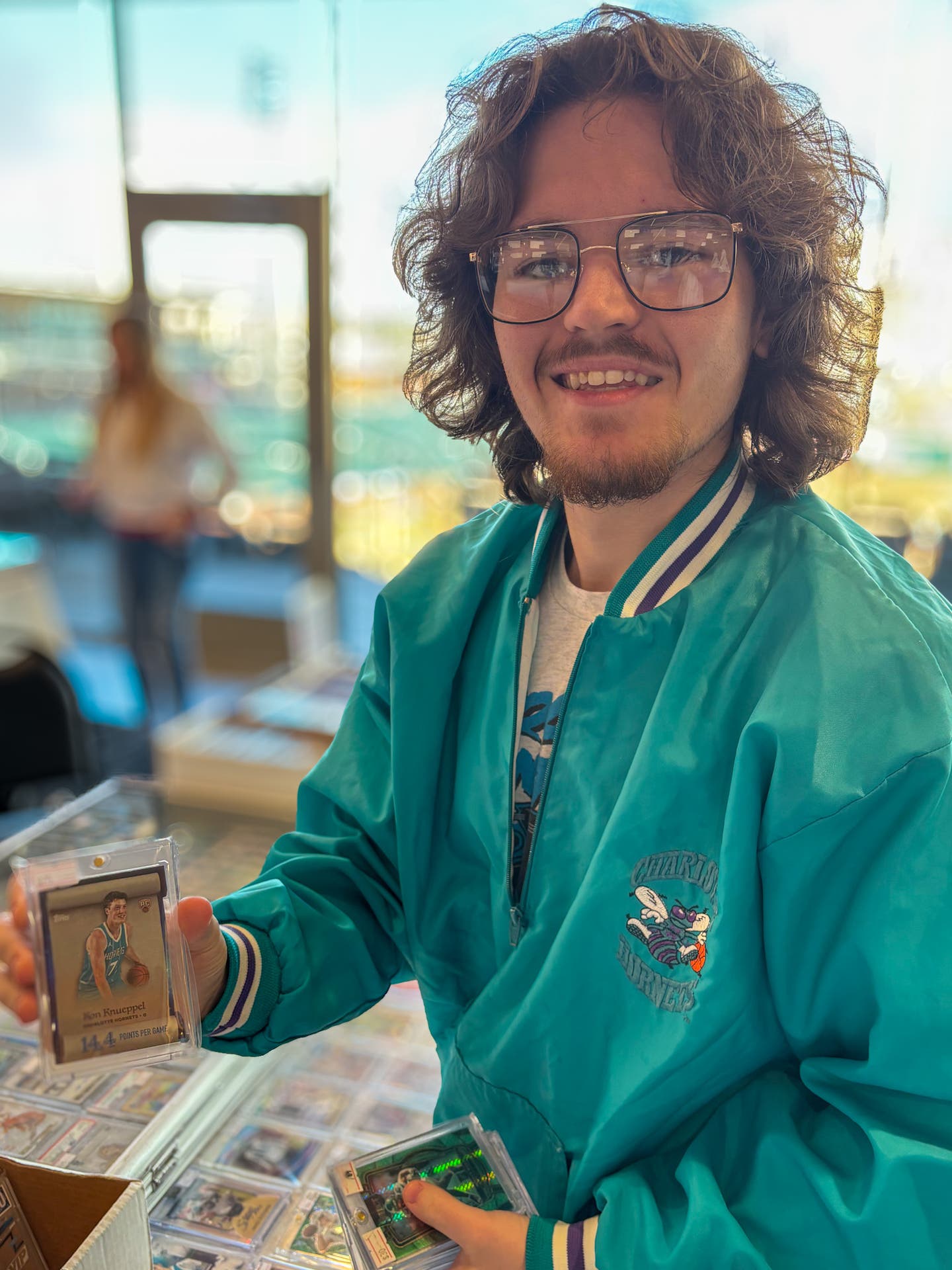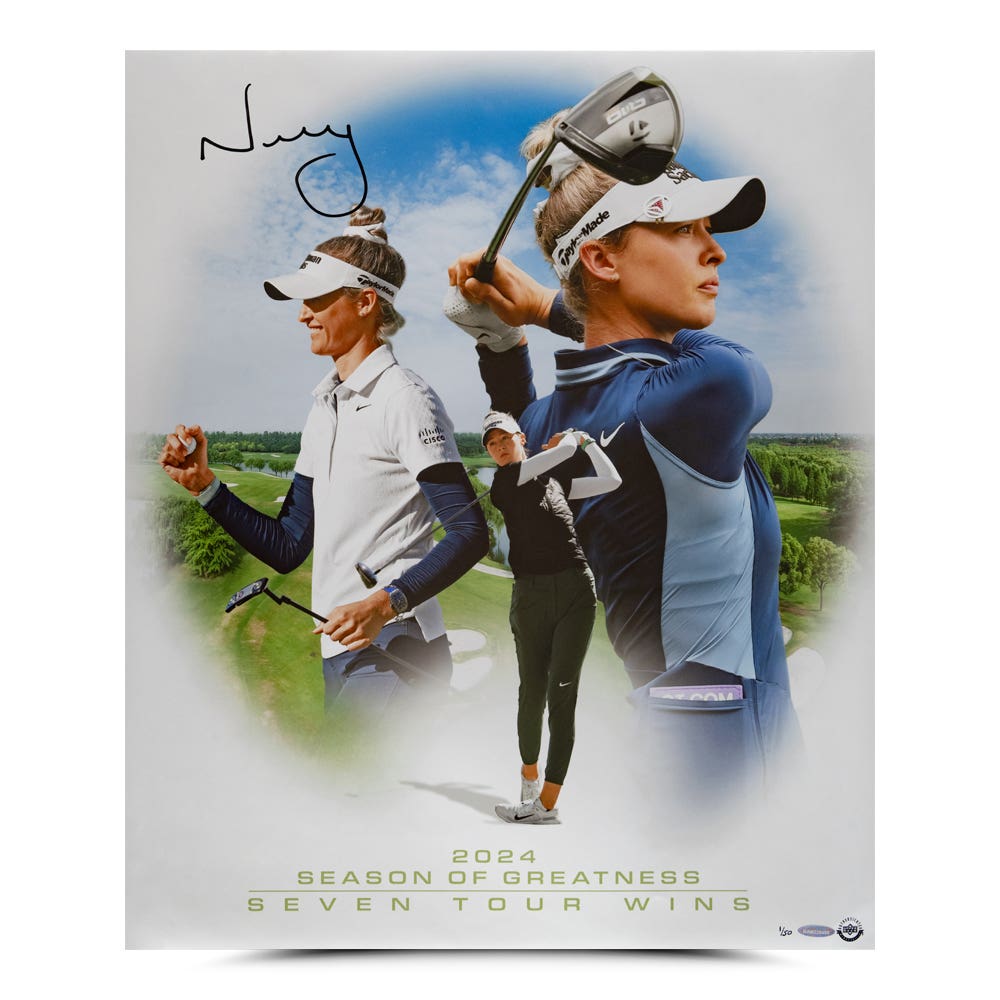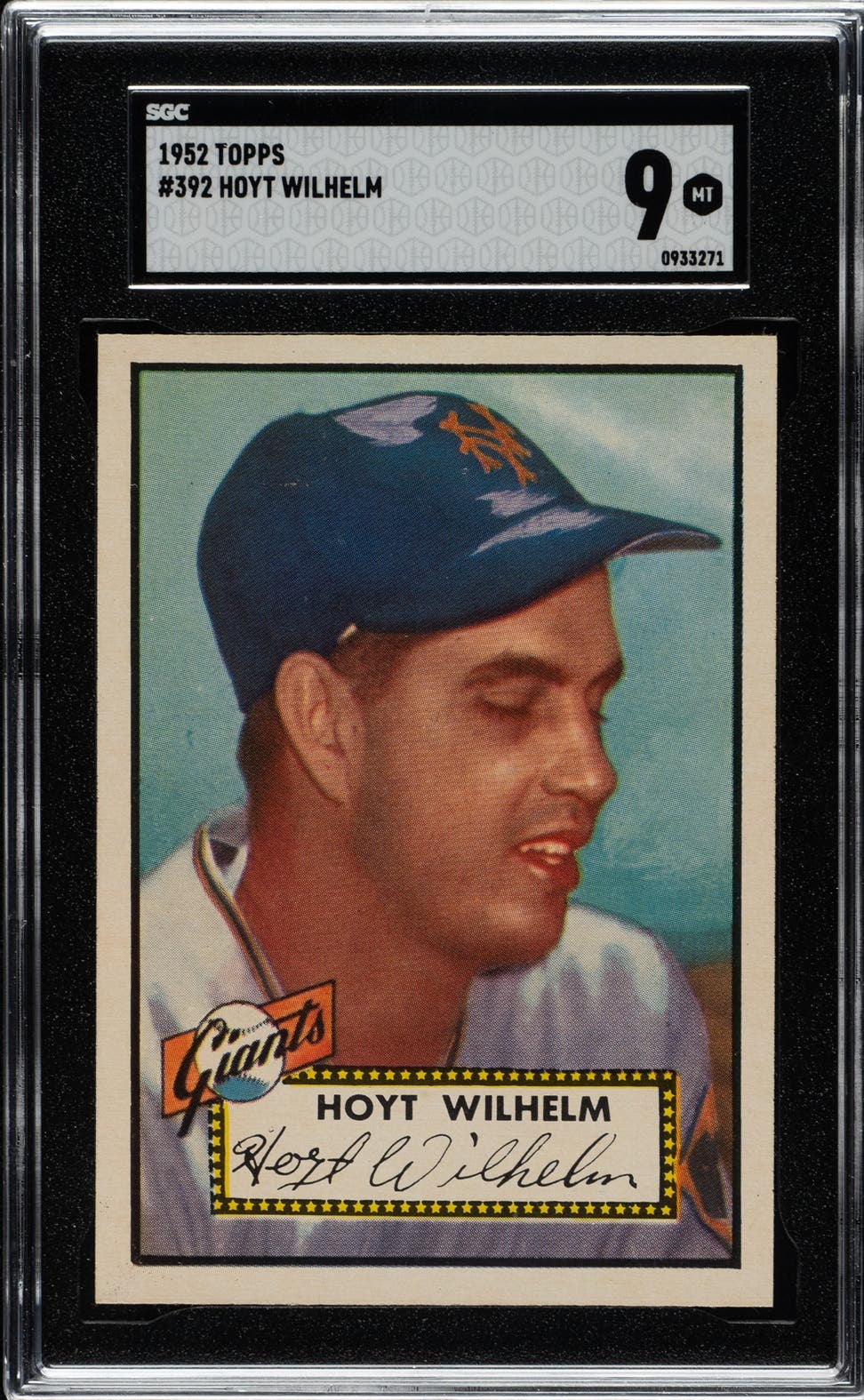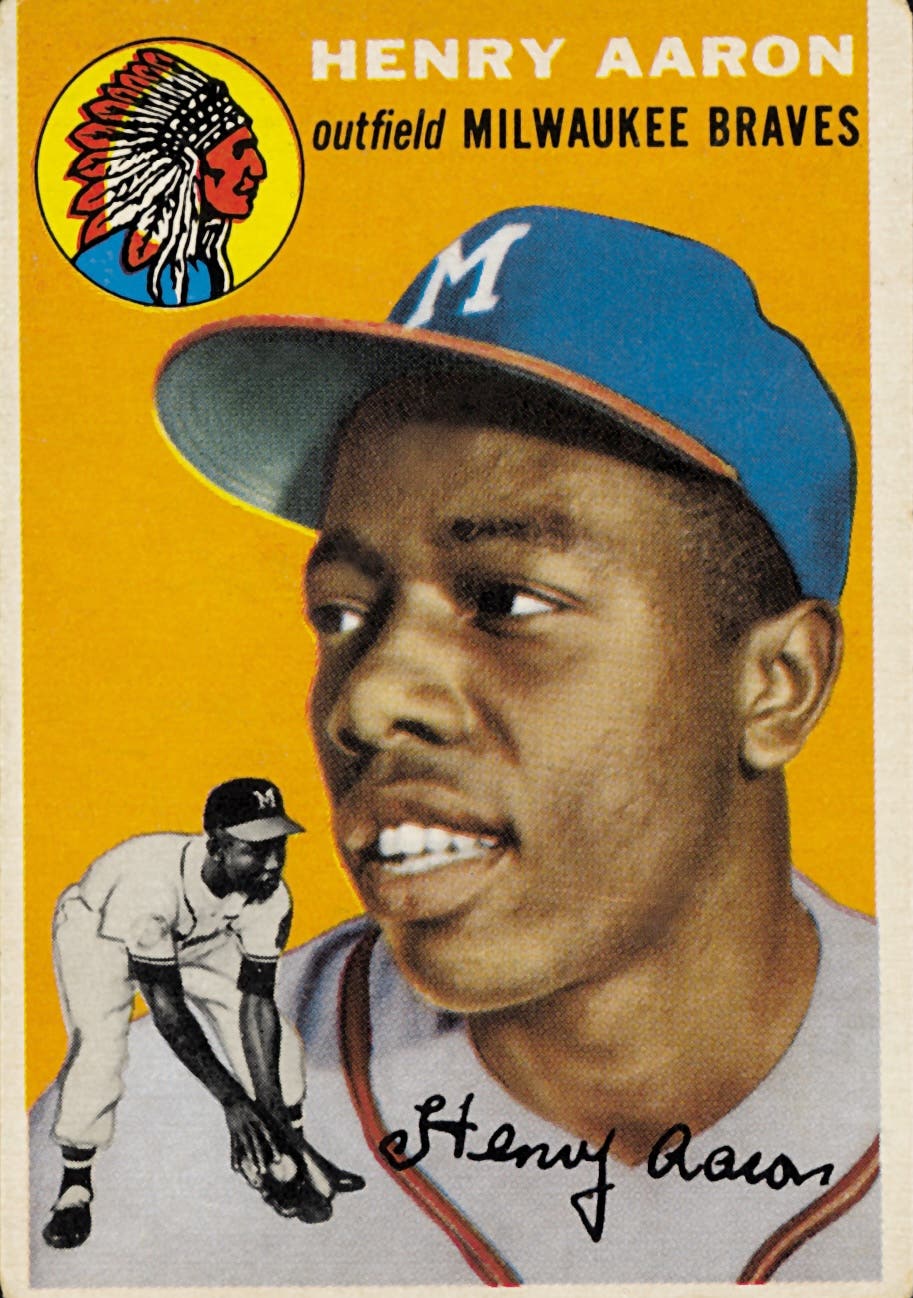Profiles
Hobby Royalty Series: Kareem Abdul-Jabbar
Sports Collectors Digest’s Hobby Royalty Series continues with Kareem Abdul-Jabbar. Appearing in the July 31 issue of SCD will be Christy Mathewson.
My older sister sat behind Lew Alcindor in a science class at UCLA in 1967, making me just about the most obnoxious Bruins fan you would ever want to imagine. I was a senior in high school in New York and had already been an Alcindor fan for several years as we followed his high school exploits at Power Memorial in New York City as perhaps the most highly touted prep player ever.
At Power Memorial, he was a high school player profiled in the New York City press and national magazines; he led Power Memorial to three straight New York City Catholic championships in an era when “Catholic” and “basketball” were so routinely linked in press coverage that the two words seemed synonymous. Power Memorial boasted a 71-game winning streak during his tenure, part of a 79-2 overall record. John Wooden, coach of the 1964-65 NCAA Champion UCLA Bruins, wound up successfully convincing the biggest name in high school basketball to come to Los Angeles.
Rooting for the UCLA Bruins in those days spoiled me big time, because you didn’t really have to adapt to the normal ups and downs of conventional fandom. Hell, I was a Mets fan and thus was more or less used to the angst of losing, but in all the time I rooted for Lew Alcindor & Co., I only had to suffer that particular indignity twice. In three years. Not too shabby.
It’s difficult to explain to modern fans the kind of impact Alcindor had on the college game in the 1960s, though pointing out that the NCAA banned the dunk after his sophomore season offers a glimpse. The 1968 “Game of the Century” at the Houston Astrodome would be another case it point. It was the first time a regular-season NCAA game was televised nationally. Alcindor, nursing a scratched cornea from a game a week earlier, brought the Bruins and their 47-game winning streak to Houston to play against Elvin Hayes in front of a record 52,693 fans.
Though it seemed personally devastating at the time, the Bruins’ 71-69 loss (Alcindor was held to 15 points) in hindsight seems like a perfect element of the historical narrative, especially since UCLA neatly avenged the loss in the NCAA semifinals later that year. This time, Houston ended up with 69 points, not the Bruins, who managed 101.
I mention all this by way of full disclosure, in the event that I am unable to adequately curtail my youthful enthusiasm from 40 years ago in writing about my all-time favorite basketball player.
And that fervor hasn’t dimmed hardly at all over those four decades, despite the fact that I never really got a chance to meet him personally. Oh, I’ve talked to him briefly in one of those autograph signing venues, but even then I didn’t get an autograph but merely took his picture for SCD. Besides, I already had his autograph, since I had talked my sister into approaching him one day and getting him to sign a souvenir program.
The bad news is that autograph disappeared somehow, probably suffering the same fate that befell the only other autograph I owned back then, from another pretty fair country ballplayer named Bill Russell.
My suspicion is that neither would feel slighted about my careless handling of those treasures, since both men always seemed to be quite a bit more grounded and serious than your typical jock.
Linking the two Hall of Famers in that fashion is hardly farfetched, since Jabbar himself draws parallels between the two in a recent entry on his blog, www.kareemabduljabbar.com: “I heard a lot about Bill Russell because of the success of the Celtics and then because Bill had certain things to say about human rights for black Americans. He had some very profound things to say and I admired what he had to say and listened to what he had to say. It made a lot of sense,” Jabbar said.
“He was about being proud and achievement. He represented achievement on the basketball court. We’re still friends today. He hosted a clinic in October which I took part in. He set a great example for young athletes. Here he was, someone who graduated from college and did such a great job in his college career, and went on to do the same thing in the professional ranks.”
It seems only fitting that the thoughtful, contemplative Abdul-Jabbar would have found inspiration from the man he essentially succeeded as the NBA’s pre-eminent big man, as he arrived just as Russell was retiring. He was the No. 1 pick in the 1969 Draft (Milwaukee Bucks) and was also chosen first overall in the ABA Draft by the New York Nets. He reportedly told both teams he would accept one offer, with the fledgling ABA Nets coming in with the lower figure.
He had also turned down a reported $1-million contract with the Harlem Globetrotters, a marriage even more difficult to envision that his playing in the ABA. Arriving in the Midwest, he immediately took the league by storm, instantly turning the Bucks into playoff contenders, ranking second in the league in scoring at 28.8 ppg and winning the Rookie of the Year Award.
Once Oscar Robertson arrived the next year, the pieces were in place for the first of what would be six world championship trophies that Abdul-Jabbar would end up with (last five with the Lakers). For those keeping score at home, his lifetime lot would also include three NCAA crowns (1967-69 – freshmen were not eligible to play in those quaint, pre-March Madness days), six NBA MVP Awards, 19 NBA All-Star nods, two scoring titles and an incredible array of all-time NBA records at the time of his retirement in 1989.
The league’s all-time points leader (38,387) is hardly defined by numbers though. In the years since hanging it up he’s appeared in countless feature films and television shows, authored or co-authored a half-dozen bestselling books and even tried his hand at coaching.
In our hobby, he may not have been quite as difficult as autograph as the man he so admires, Bill Russell, but he’s hardly a frequent guest on the autograph circuit. Not surprisingly, there can be a premium for the “Lew Alcindor” autograph, if for no other reason than the era the signature would emanate from and the obvious disparity in availability.
And no, that doesn’t make me want to start rummaging through some old steamer trunk at my mother’s house looking for that UCLA program.
It’s gone. I’m over it. Really.
Odds and Ends
“I was in the ninth grade, November or December of 1961. I went to the gym and the Celtics were there practicing. My coach introduced me to Red Auerbach, who then introduced me to Bill Russell. They told me to go shag flyballs for someone who was shooting free throws. That someone turned out to be a rookie named John Havlicek. Also, when I was playing grade school ball, we played an All-Star Game at Madison Square Garden and I got to meet and know some of the Knicks like Willie Naulls, who eventually got traded to the Celtics. Because of all those connections, I was a Celtic fan and really appreciated the way that they played the game.
– Kareem Abdul-Jabbar, from his blog
The Hall of Fame basketball player was born in New York City, but he grew up as a Brooklyn Dodger fan and was 8 years old when Johnny Podres’ Game Seven shutout in 1955 turned Dem Bums into world champions.
“He’s my hero. Johnny P was my man. I met him out in L.A. They won in 1955, ’59 and 1963. They’ve been disappointing me lately, but I have my memories.”
– Kareem Abdul-Jabbar talking about his childhood hero, Johnny Podres, and the Dodgers, L.A. and Brooklyn versions



